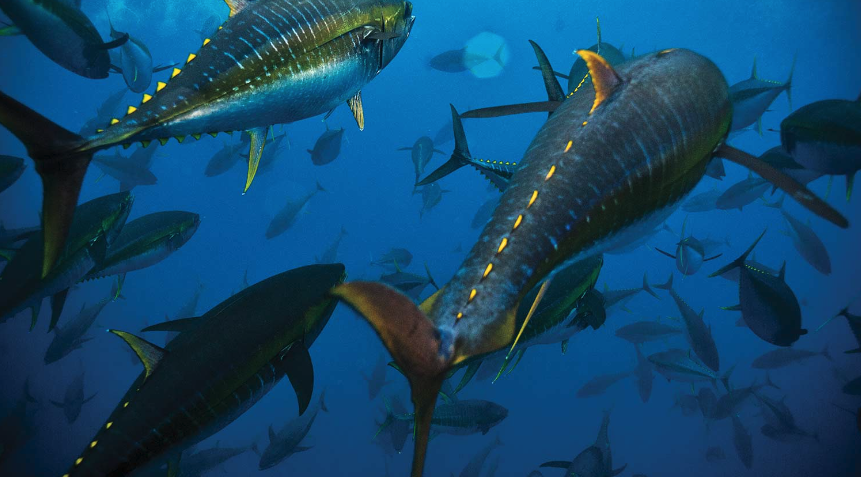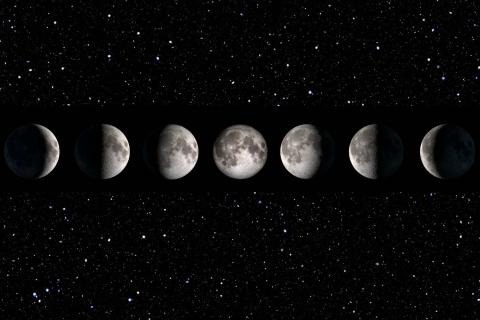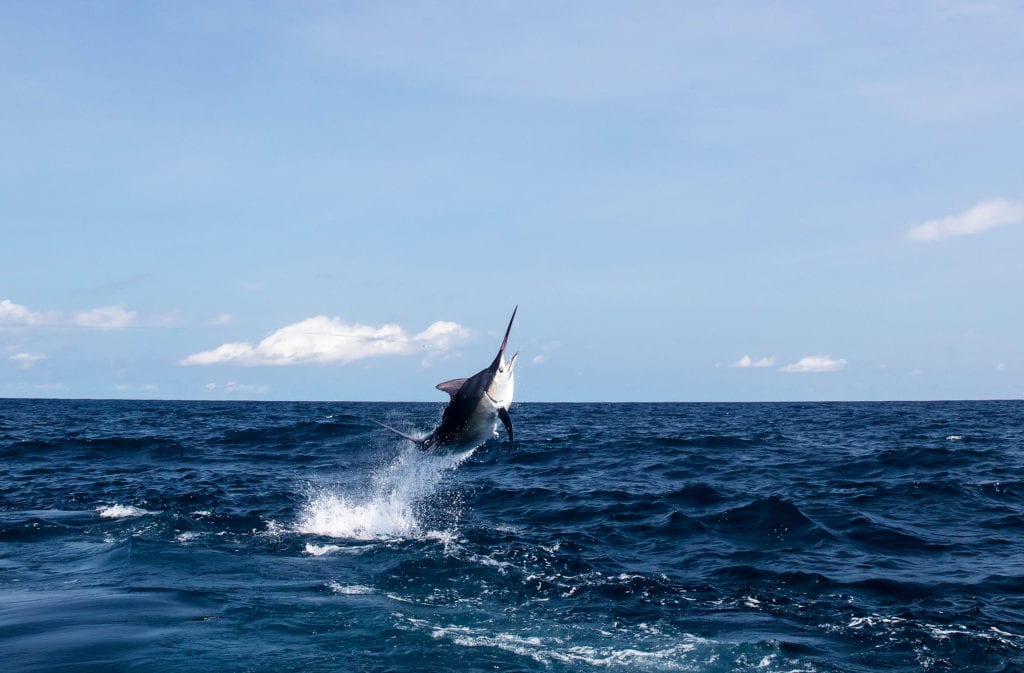Understanding how the weather can affect fishing can help you increase your chances of landing fish. In this article, we outline weather conditions that are usually considered ideal for most fish species.
Weather Conditions That Affect Fishing
Rain
Even though it may not sound appealing to be out fishing in the rain, light rain tends to be great for fishing. This is because the view to the surface becomes cloudier. This can increase the amount of bait fish around the surface, attracting the larger game fish. However, this is not always the case if there is heavy rain, especially when fishing in rivers, streams and lakes.
Atmospheric or Barometric Pressure
Barometric pressure is the force exerted by the Earth’s atmosphere in a given area. When barometric pressure increases, it generally indicates that the weather is improving and clear skies are coming. When it drops, it’s an indication that a cold front or storm is on its way.
The organ that is most sensitive to barometric pressure, is a fishes swim bladder. Fish with larger swim bladders, are the most sensitive to changes in atmospheric or barometric pressure. Fish with smaller swim bladders, like mahi-mahi, are less affected. There are some fish, that fish don’t even have a swim bladder, like tuna and so they aren’t affected by swings in barometric pressure. Of course, it is dependent on fish species, but on average fish bite less during times of high and average pressure. When this is the case, you will have more luck fishing in deeper waters. During times of low pressure, fishing will be quite slow.
Furthermore, dropping pressure will cause the fish to keep biting when the weather starts to change. Since barometric pressure tends to drop when it is about to rain, many anglers believe that it is best to fish before a storm or heavy rain. According to AnglerWise, the fish are most active and feeding when the barometric pressure is between about 29.90 and 30.90, and the pressure is rapidly falling.
Clouds
Reduced sunlight can improve fishing, as it triggers the fish to feed more aggressively. Fish will often cruise for food more when there is less light penetration in the water. On brighter days, many species of fish will spend more of their time hiding or close to small structures.
The Wind
In many cases, the wind tends to push the water and surface food away from the shore, making it more challenging for inshore fishing.
Water Temperatures
When it comes to finding the best fishing times, a good starting point is to avoid extreme temperatures. Extreme water temperatures affect the amount of oxygen in the water, making fish more picky and less active. Peak heat of the day is between noon and 2pm, and around these times the fish tend to move deeper. For this reason, anglers have more success fishing in the early morning and early evening.
When is the Best Time to Fish?
It is clear that weather conditions can affect fish behavior in several ways. Based on water temperatures peaking around midday it is best to fish in the early morning or early evening. A cloudy day can also increase your chances of landing more fish. Also, if you know that a heavy rain or a storm is coming, you may have more luck fishing just before it is due to arrive.
If you are planning your next fishing trip in Panama, check out our fishing packages, email us at panamanauticalclub@gmail.com or call +1 800 507 1246 for more info on availabilities.




